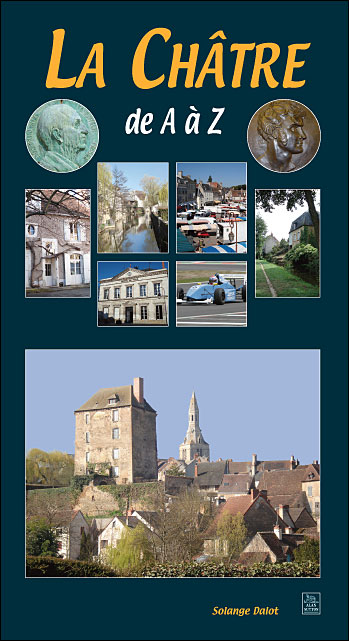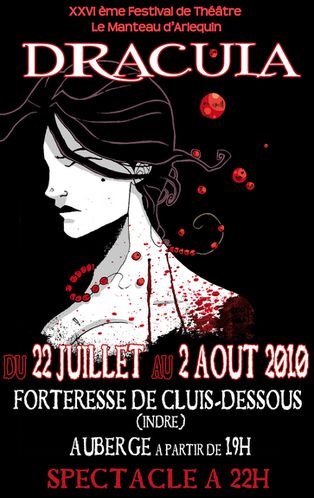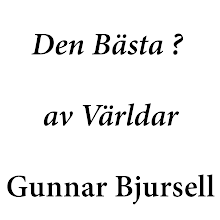Det var längesedan jag skrev något om den litteratur jag läser, det har mer handlat om annat.
Just nu är jag dock i färd med att penetrera
Franz Kafkas 'Dagböcker 1914-1923', som i Sverige utgivits på
Bakhålls förlag.

Detta utgör den tredje delen i denna utgivning av Kafkas dagböcker och jag har tyvärr inte läst de första två.
Många menar dock att denna den sista delen, skildrande de sista åren av hans liv, är den viktigaste och kanske mest intressanta.
Om detta kan jag inget säga men det är en blandning av väsentligt och oväsentligt, som i alla dagböcker.
Det viktiga är att den dels ger en inblick i personen Kafkas innersta tankar - i den mån en person skriver för sig själv, utgivandes sig själv på ett ärligt sätt eller skriver med tanke på eftervärlden - dels ger en inblick i livet i Prag och övriga städer vid den aktuella tidpunkten.
Där blandas i det yttre samhällsstrukturerna gammalt och nytt, i de inre tankestrukturerna tradition och nytänkande.
Detta gör boken till ett intressant vittnesmål om det liv Kafka, hans vänner och ovänner förde, samhällsutvecklingen och de historiska händelserna i sig, allt självfallet filtrerat via Kakfas subjektiva titthål.
English:It's long since I wrote anything about the literature I read, I have mostly dealt with other subjects.
Rignt now I'm in the act of reading
Franz Kafka's 'Diaries 1914-1923', in Sweden published by the publishing house
Bakhåll.
This book constitutes the third part in this publication of Kafka's Diaries and unfortunately I haven't read the two first ones.
Many people say that this third part, depicting the last years of his life, is the most important and maybe also the most interesting of the three.
I have nothing to say about this but it's a mixture of essential and inessential, as in all diaries.
The most important thing is that it partly gives us an insight into the inner thoughts of the person Kafka - insofar as a person writes for him-/herself, exposing him-/herself in an honest way or actually writes for the after world - partly gives us an insight into the life of Prag and other towns at the actual moment.
In this we find a mixture of new and old in the exterior societal structures and tradition and new thinking in the inner pattern of thoughts.
This makes the book an interesting testimony about the life Kafka, his friends and enemies lead, the development of society and historical events per se, everything filtered through the subjective viewport of Kafka himself of course.
(Photo Franz Kafka copied from: http://www.focusdep.com/images/Franz_Kafka_1173256340030717.jpg)
















